ITI HiFunMat stands for Interdisciplinary Thematic Institute for Hierarchical and Functional Materials with applications in Health, Environment and Energy.
It is one of the 15 interdisciplinary thematic institutes (ITI) launched by the University of Strasbourg in January 2021 . Their creation is part of the Universities development strategy. They are the continuation of University Research Schools (EUR), and were conceived to contribute to the understanding and resolution of the 21st century’s major scientific and societal challenges in science and technology, health and life sciences, social sciences and humanities. As such, they represent a fundamental part in the modernization and improvement of both the Universities research and training landscape.
The interdisciplinary thematic institutes are part of the Initiative of Excellence (IdEx) program. This program is a shared initiative between the University of Strasbourg (UNISTRA), the National center for scientific research (CNRS) and the National institute of health and medical research (Inserm).
Interdisciplinary Thematic Institute for Hierarchical and Functional Materials (ITI HiFunMat) is thus both a cluster of Excellence and a Graduate School.
ITI HiFunMat combines multiple academic research facilities, together with industrial partners, to work at the interfaces between chemistry, physics, nanoscience, and biology to develop and characterize innovative and sustainable composite materials with appealing properties and outstanding applications.
To design such materials and to accomplish state of the art developments in material science, ITI HiFunMat focusses on multi-scale composition control and the spatial arrangement of building blocks. It promotes innovative strategies, such as 3D printing, microfluidics, foams, and multi-step protocols, which are used for the controlled assembly of (multi)functionalized building blocks, such as (macro)molecules and (nano)particles. To go even further in the design of cutting-edge materials, ITI HiFunMat researchers draw inspiration from smart biological systems, capable to process information and react under an external stimulus.
In short
